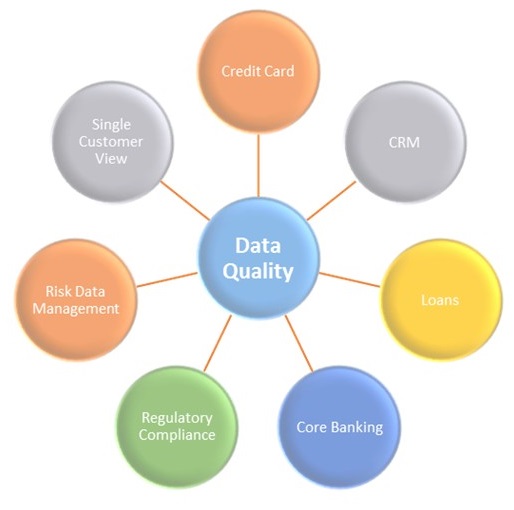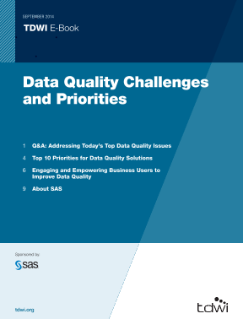
Financial institutions are mired with large pools of historic data across multiple line of businesses and systems. However, much of the recent data is being produced externally and is isolated from the decision making and operational banking processes. The limitations of existing banking systems combined with inward-looking and confined data practices





